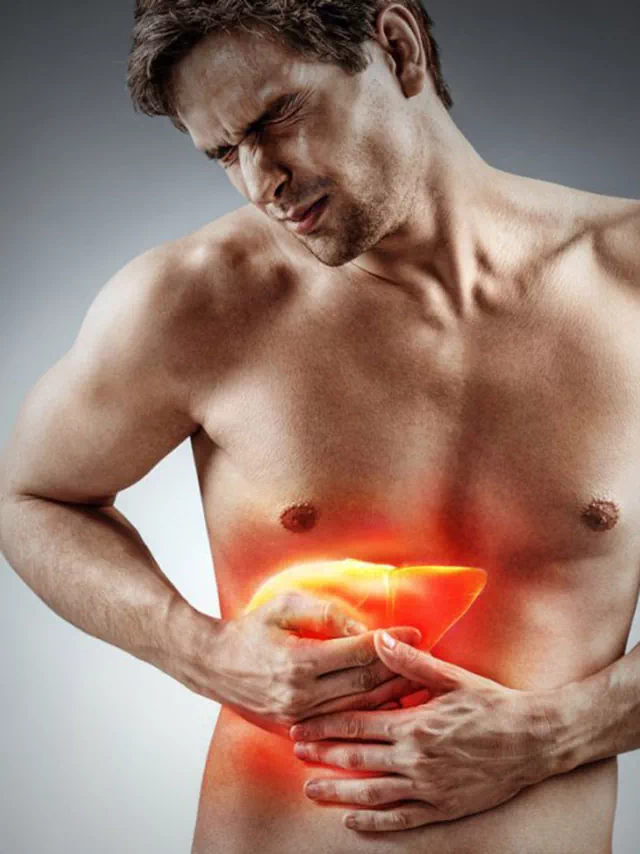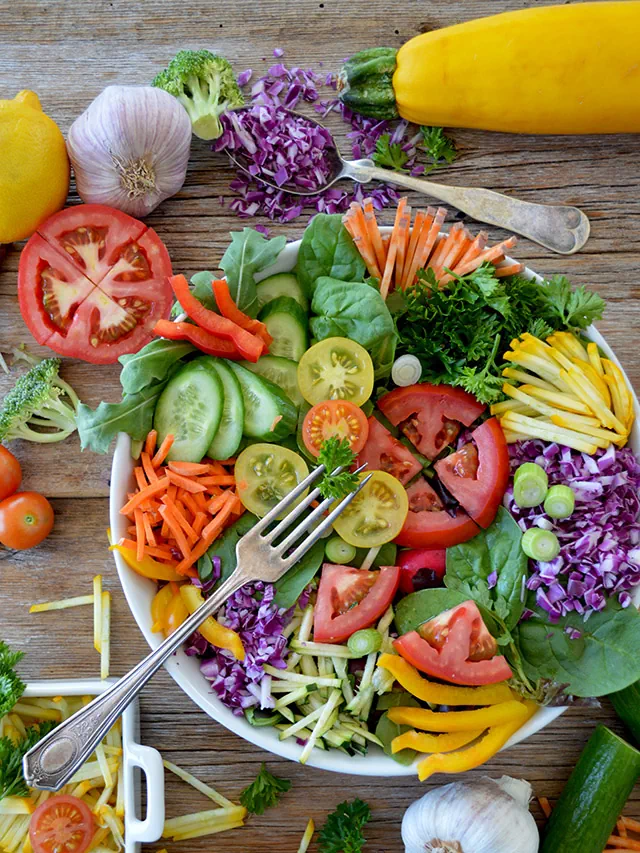There are several dietary factors that can contribute to the development of fatty liver disease. Some of the main foods that can contribute to fatty liver include high sugar and high-fructose corn syrup, saturated and trans fats, refined carbohydrates, alcohol and processed foods. To prevent fatty liver disease, it is essential to have a balanced and healthy diet, rich in fruits, vegetables, whole grains, lean proteins, and healthy fats. Also, regular physical activity, maintaining a healthy weight and avoiding smoking and excessive alcohol intake are also important steps to take to prevent fatty liver disease.
It is important to note that fatty liver disease can be caused by multiple factors, and diet is just one of them. Other causes include obesity, diabetes, high cholesterol, and high blood pressure. Even if you have a healthy diet, if you have other risk factors, you may still develop fatty liver disease.
When it comes to a diet to prevent fatty liver, it’s important to not only focus on what to eat but also on portion control and calorie intake. Consuming too many calories, regardless of their source, can contribute to weight gain and ultimately to fatty liver disease. Additionally, a diet that is high in fiber and low in added sugars is recommended for those with fatty liver disease or at risk of developing it.
It’s also important to note that in some cases, fatty liver disease may progress to a more severe form called nonalcoholic steatohepatitis (NASH) which can lead to inflammation and damage to the liver. In some cases, NASH may progress to cirrhosis, which is a severe and potentially life-threatening form of liver disease. Therefore, early detection and management of fatty liver is important, through regular check-ups, monitoring of symptoms and following a healthy lifestyle and diet.
In summary, fatty liver disease is a condition where the liver has a buildup of fat, which can interfere with its normal functioning. A balanced and healthy diet, rich in fruits, vegetables, whole grains
There are several foods that can contribute to fat buildup in the liver, also known as fatty liver disease.
- High sugar and high-fructose corn syrup: Consuming large amounts of sugar and high-fructose corn syrup can lead to weight gain and insulin resistance, which can contribute to fatty liver.
- Saturated and trans fats: Consuming high amounts of saturated and trans fats found in processed foods, fried foods, and red meats can contribute to fatty liver.
- Refined carbohydrates: Consuming large amounts of refined carbohydrates such as white bread, pasta, and pastries can lead to weight gain and insulin resistance, which can contribute to fatty liver.
- Alcohol: Drinking excessive amounts of alcohol can lead to fatty liver.
- Processed foods: Consuming a lot of processed foods, which are high in sugar, saturated fat, and refined carbohydrates, can contribute to fatty liver.
, lean proteins, and healthy fats, and low in processed foods, sugar, saturated and trans fats, is important to prevent fatty liver disease. But it’s not only the type of food but also the amount of food that is important, as consuming too many calories can lead to weight gain and fatty liver disease. Additionally, maintaining a healthy weight, regular physical activity, avoiding smoking and limiting alcohol intake are also important steps in preventing fatty liver disease. It’s important to note that fatty liver disease can be caused by multiple factors, and diet is just one of them. Early detection and management of fatty liver through regular check-ups, monitoring symptoms and following a healthy lifestyle is important to prevent the progression of the disease.






